Summer acne is more common than you think
Most of us tend to reflect upon summer in a fond light: lazy beach days, a bounty of festivals, and endless sunshine. But with higher temperatures may also come an unruly side effect—acne.
Whoever started the supposedly comforting advice that you’ll grow out of acne after those awkward teenage years was misinformed. Adult acne is a very common issue, and there are many reasons why acne may appear. (Here are seven other sneaky reasons you’re having an acne breakout.)
Plus, there are a variety of reasons why acne does tend to worsen in the summer. But first, it’s important to understand why we get acne in the first place. According to Melissa Kanchanapoomi Levin, MD, a board-certified NYC dermatologist and clinical instructor at Mount Sinai Icahn School of Medicine, pores get clogged with dead skin cells—and those with acne have “stickier” skin cells that promote clogging and more acne. “The body makes oil on the skin called sebum,” she explains. “Interestingly, those who are acne-prone have more viscous sebum compared to non-acne folks (think honey consistency compared to olive oil), which promotes further occlusion to the pore.”
Thanks to the glorious heat, sweat, and humidity that our body produces excessively during those hotter months, the skin cells become especially stickier; that awful conglomeration of dead skin cells and sebum becomes trapped inside the pore, creating an oxygen-free environment where a naturally occurring bacteria, called P. acnes, multiplies rapidly and results in inflammation.
Although the weather is uncontrollable, there are ways to regulate summer acne and thwart its pesky persistence. We spoke with several dermatologists throughout the country to compile the best methods to keep those summertime pimples at bay—read on for their hottest tips and tricks.
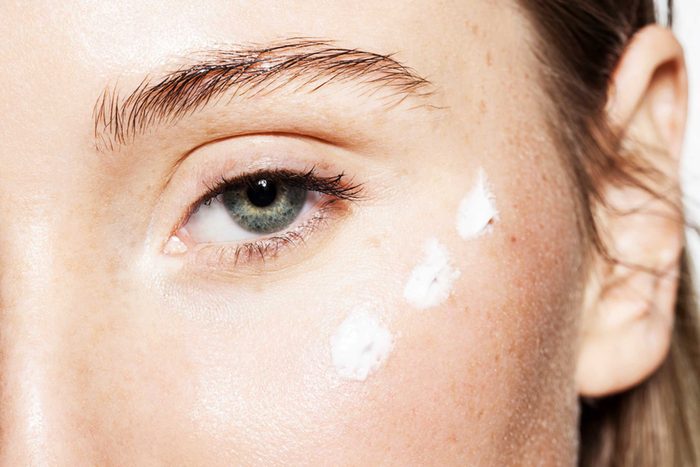
Use oil-free sunscreen
In the summer months, people tend to cake on sunscreen, as they should. However, slabs of oily lotion might be overly oily, meaning your skin can suffocate from dead skin cells and clogged pores. The solution is to opt for sunscreens minus specific ingredients: “I’d recommend always using mineral-based sunscreens, such as zinc oxide and titanium oxide, for the best protection against the sun,” says board-certified dermatologist Christina L. Chung, MD, the former director of the Drexel Dermatology Center for Transplant Patients. “Luckily, there are many new mineral formulas that are super light and also oil-free, so they will still provide broad-spectrum protection without causing acne.” Washing your face after sweating can help take off the layer of grease that clogs pores, but acne can also be triggered by vigorous rubbing, so avoid washing your face too often or scrubbing too hard, Dr. Chung adds.

Watch out for classic “summertime” foods
People often tend to increase the intake of sugary drinks, alcoholic beverages, and snack foods during the summer months. Sugary or high-glycemic foods cause a spike in insulin levels, which in turn increases sebum production, according to research published in the Journal of Clinical and Aesthetic Dermatology. Susan Ciminelli, celebrity facialist, and specialist in holistic health and beauty, notes that it’s common for people to start eating more ice cream and other frozen sweet treats once the weather heats up. For something healthy that soothes your sweet tooth, she recommends berries. “Taking berries, freezing them, and then pureeing them will turn them into the consistency of ice cream and can be a healthier alternative.”
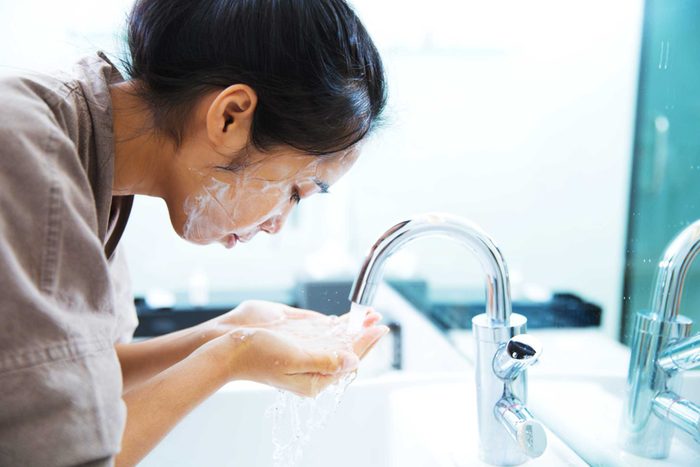
Start slow when using acne treatments
Salicylic acid and benzoyl peroxide treatments are scattered throughout the drugstore aisles—but don’t start tossing all of them into your cart right away. Some skin types are not compatible with these chemicals as they can incur further irritation and dry patches. And the worst thing you can do is apply all of these at once. Instead, try experimenting with a small dab of these over time to determine which solution works best for you. Dr. Kanchanapoomi Levin recommends changing over to a light-based foaming cleanser with or without salicylic acid or alpha hydroxy acids depending on your skin type. “Benzoyl peroxide cleansers can also be helpful by minimizing bacterial overgrowth as well as acting as an antibacterial agent,” she says. It’s also commonly found in pimple patches for acne treatment.
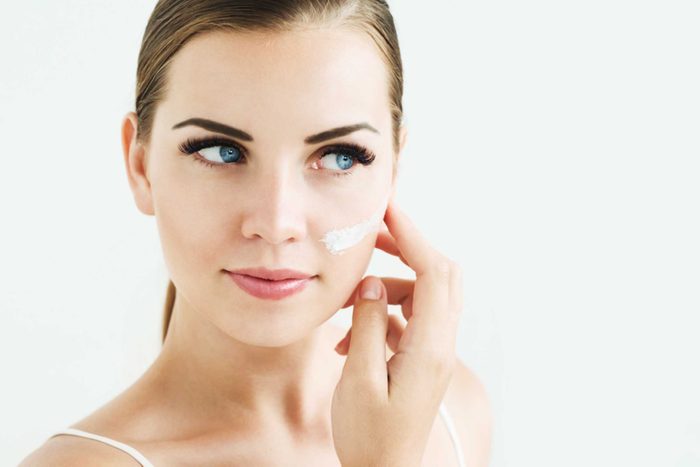
Always moisturize
It might feel counter-intuitive to lather on moisturizer when your skin produces enough oil to fry an egg, but it’s important to keep in mind that maintaining a healthy skin barrier with good moisturizers is even more vital in the summer months. Dr. Kanchanapoomi Levin says people with acne-prone skin who skip or skimp on moisturizing during the summer can actually make their skin more oily. She recommends using a lightweight moisturizer—like one of these—that relies on ceramides, hyaluronic acid, and or niacinamide. Plus, some acne treatments can dry out your skin so moisturizing can be especially important.
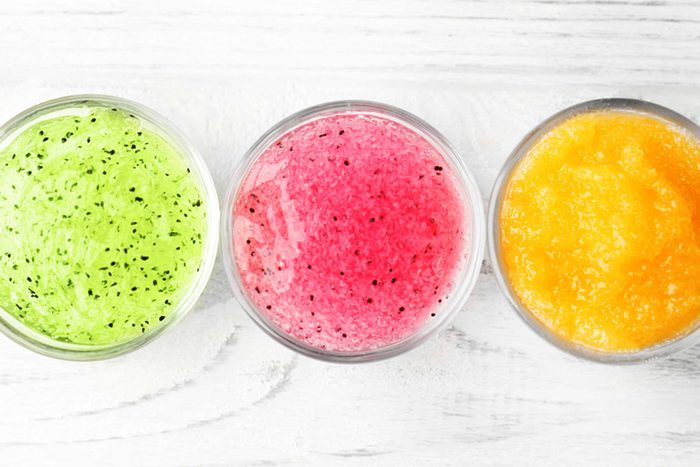
Try chemical exfoliation
There’s nothing worse than applying foundation on uneven, patchy skin, so don’t neglect the exfoliating cleanser in your summer routine. Doing so will eliminate the toxins and impurities that thrive in your pores and ensure accelerated healing of acne lesions. As an added bonus, it’ll help wipe off a few years from your face as it helps to reduce the appearance of enlarged pores. For best effects, scrub your face every few days to slough off dead skin and increase cell turnover, revealing radiant skin underneath. Neal Schultz, MD, a dermatologist in New York, says that promotes glycolic exfoliation as an essential routine. “To address all summer skin issues—including acne—I highly recommend daily glycolic exfoliation (every evening).” Glycolic exfoliation is the key to smoother skin because glycolic removes the dulling and clogging dead cells that cause the skin to be rough, according to Dr. Schultz. “Rough textured skin can’t glow because a rough surface scatters and absorbs light, making it appear dull, matte, and tired. Smooth skin reflects light, and that’s why glycolic is so successful at improving the appearance of your skin in every season, but especially during (and after) summer.” Other alpha hydroxy acids (malic, lactic, mandelic, etc.) can be effective in exfoliating the skin as well. These products make the skin more sensitive to sunburn so make sure to wear sunscreen.
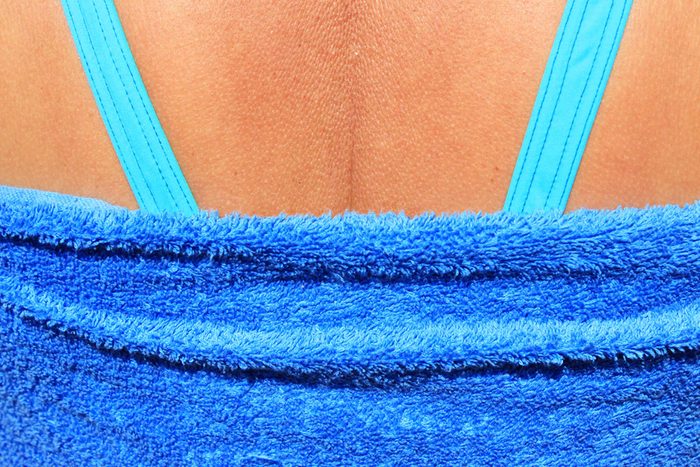
Don’t sit in damp clothes after swimming
It might be natural instinct to want to leisurely lounge around after a good swim, but neither saltwater nor chlorine should linger on your face for long. Dermatologist Bobby Buka, MD, a co-founder of The Dermatology Specialists (TDS) in New York, says not to sit in damp clothes for long after swimming. “Showering after a lot of sweating also helps to make the growing conditions less favorable for the P. acnes bacteria,” he says. A thorough shower is imperative to remove the mixture of perspiration, body oils, and even traces of urine and fecal matter that could rest in those waters. Shooting those substances down the drain goes a long way toward expelling the impurities lingering on the bodies of swimmers combined with chlorine.
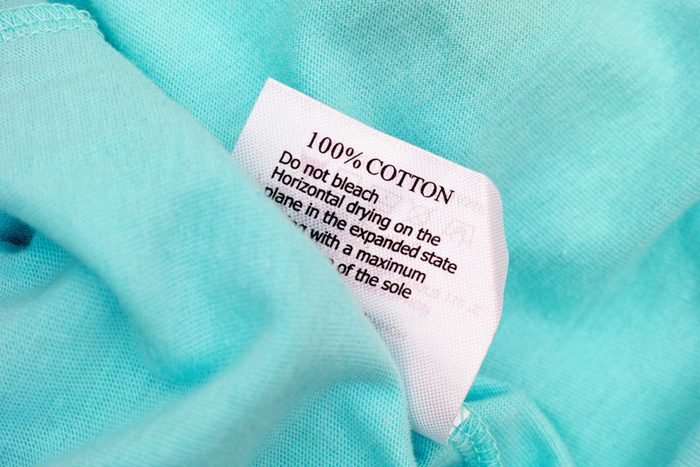
Wear natural fibers
The surging temperatures, a more active outdoor lifestyle, and occlusive clothing can result in lingering sweat, dirt, and friction that accumulates all over your body. As a result, there are overwhelmingly higher cases of body acne during the summer months compared to any other season. Perspiration can be outplayed if we curate our summer wardrobes accordingly. According to Debra Jaliman, MD, assistant clinical professor of Dermatology at Icahn School of Medicine at Mount Sinai, acne-prone people should wear natural fibers like cotton to avoid breakouts caused by sweating in areas like your chest or back. A high quality, lightweight cotton is one of the most breathable fabrics, allowing airflow for drying out the dampness. Because cotton is a natural fiber, it will absorb moisture rather than repelling it. Avoid clothing with a polyester base fabric; although the man-made fabric is popular due to its durability, this durability also equals water resistance, which means zero absorption of perspiration. If the sweat has nowhere to go, the smelly secretion will stay on your skin and seep into your pores. Next, check out how dermatologists change their skincare routine in the spring and summer.
